Nusa Dua, Bali, 29 Syawwal 1437/03 August 2016 (MINA) – Indonesia, Malaysia and the Philippines agreed to allow each other’s maritime forces to pursue suspected criminals into their waters in a bid to stem a surge of hostage-takings by Islamic militants.
Defense ministers of the three Southeast Asian neighbors, meeting for the third time since May to give shape to plans for joint patrols in the waters off the southwestern Philippines, said Tuesday that they were discussing protocols that would allow security forces to enable so-called hot pursuit across land borders as well.
“We are still discussing that, because there are some constitutional hindrances,” Philippine Defense Secretary Delfin Lorenzana was quoted by wsj.com as telling reporters. “We still have to consult…if we will allow hot pursuit on land.”
Mr. Lorenzana and his counterparts, Ryamizard Ryacudu of Indonesia and Hishammuddin Hussein of Malaysia, said joint sea patrols already had begun but declined to say what kind of naval forces had been deployed or to provide other details.
Also Read: Indonesian Navy Prepares Three Hospital Ships for Humanitarian Mission in Gaza
Indonesian President Joko Widodo proposed joint patrols in late April after a surge in piracy and kidnappings of local seafarers and Westerners by the Abu Sayyaf militant group, which claims ties to Islamic State and is notorious for taking hostages for ransom and occasionally executing them. The group has defied more than a decade of eradication attempts by the U.S.-backed Philippine military.
In 2014, Abu Sayyaf freed two German hostages who had been taken from their yacht in the Sulu Sea. Neither the German nor Philippine governments confirmed whether a ransom was paid.
Since then, the group has abducted and in some instances released hostages from Japan, Malaysia, Indonesia, the Netherlands, Canada, Norway and the Philippines. The militants beheaded one Canadian hostage in April this year and another in June when ransom deadlines expired.
In a press release Tuesday, Mr. Ryacudu suggested the patrols’ mandate ultimately could extend beyond countering militants to crimes such as human trafficking and drug trade.
Also Read: Floods Spread in North Aceh, Eight Districts Submerged
Security experts said the patrols give a boost to Southeast Asia’s broader maritime interests, including in the disputed waters of the South China Sea. The Philippines and Malaysia both lay claim to areas of the sea, which is also claimed in almost its totality by China. Indonesia is meanwhile building up defense capabilities in waters where it says fisherman of China and other nations illegally fish. (T/R07/R01)
Mi’raj Islamic News Agency (MINA)
Also Read: Chinese Investment in Central Java Surges; Fujian Proposes Direct Semarang–Fuzhou Flight





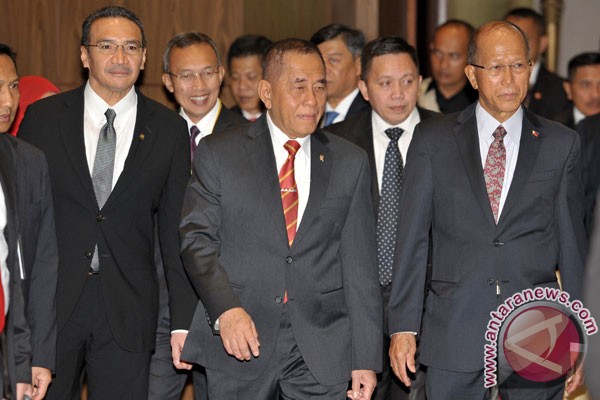


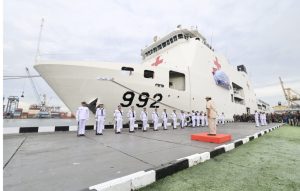








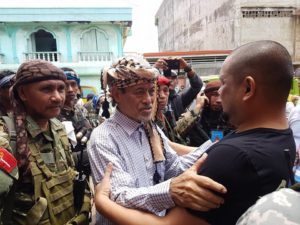
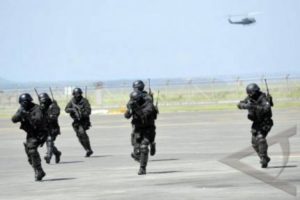
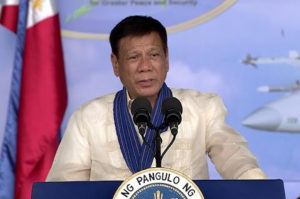














 Mina Indonesia
Mina Indonesia Mina Arabic
Mina Arabic